Hollywood At A Standstill: The Writers' And Actors' Strike Explained
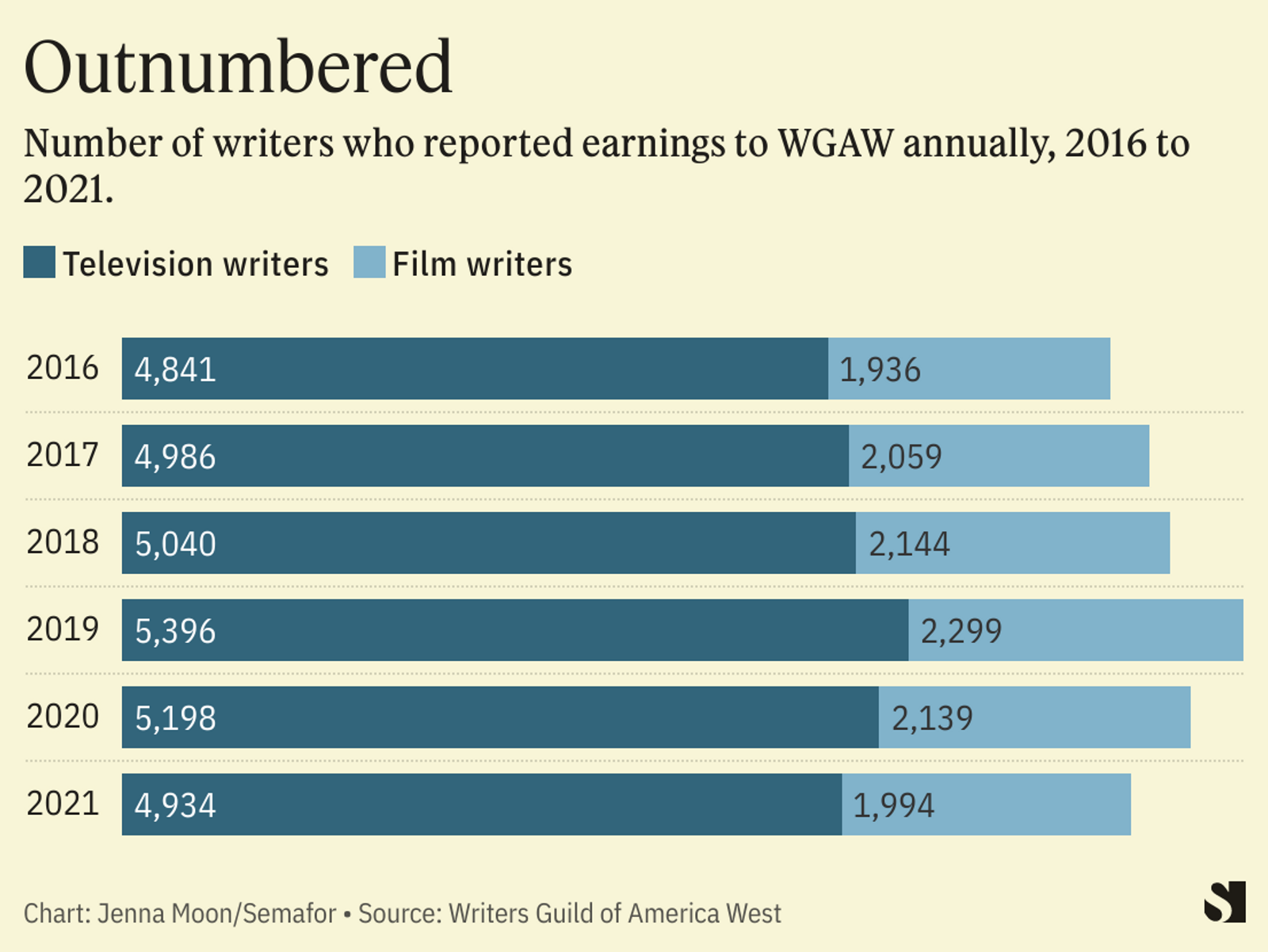
Table of Contents
The Core Issues Fueling the Writers' and Actors' Strike
The Writers' and Actors' Strike isn't just about pay; it's a multifaceted fight encompassing several critical issues threatening the livelihood and creative control of those working in the entertainment industry.
Fair Compensation and Residuals
The current system of residuals – payments for reruns, streaming, etc. – is woefully inadequate in the streaming era. While traditional television offered relatively predictable residual payments for syndicated reruns, the streaming model has drastically altered this landscape. Streaming services often pay a flat fee for a show's entire run, leaving writers and actors with significantly less compensation than they would have received under the old system. Statistics show a dramatic decrease in residuals for writers and actors compared to the past, with some reporting a 90% reduction in income from streaming compared to traditional broadcast. This disparity is a central point of contention in the strike.
- Diminishing residuals from streaming platforms: The shift to on-demand viewing has dramatically reduced the income stream for writers and actors.
- Demand for increased minimum salaries: The unions are pushing for minimum salaries that reflect the increased cost of living and the immense profits generated by streaming giants.
- Lack of transparency in profit sharing: The lack of clear and consistent profit sharing models for streaming content has fueled mistrust and resentment among writers and actors.
The Impact of Artificial Intelligence (AI)
The rise of AI poses a significant threat to the future of writers and actors. Concerns center on the potential for AI to generate scripts, create deepfakes, and ultimately replace human creativity. The unions are demanding safeguards against this, fearing that AI could drastically diminish the value of their skills and ultimately lead to job losses.
- Fear of AI-generated scripts and performances: The use of AI to create content threatens the very foundation of the writers' and actors' professions.
- Demand for regulations on AI usage in the industry: The unions are seeking regulations that protect human workers from being displaced by AI.
- Concerns about job security and creative control: The fear is that AI could erode job security and diminish the creative control of writers and actors over their work.
Working Conditions and Health Insurance
Beyond compensation, the strike also addresses crucial issues surrounding working conditions and health insurance. Many writers and actors face challenges including long working hours, inconsistent employment, and inadequate health benefits.
- Demand for improved health insurance coverage: The unions are fighting for comprehensive and affordable health insurance that protects their members.
- Concerns about long working hours and unreasonable schedules: The current system often demands excessive working hours, impacting the well-being of writers and actors.
- Need for better job security and protections against exploitation: The unions seek to establish stronger protections against exploitation and ensure better job security for their members.
The Impact of the Writers' and Actors' Strike on Hollywood
The Writers' and Actors' Strike has sent shockwaves throughout the entertainment industry, with far-reaching consequences.
Production Shutdowns and Delays
The strike has resulted in a near-total shutdown of television and film productions. This widespread halt has significant financial repercussions for studios, production companies, and countless crew members who have lost their jobs or income. Major projects, from blockbuster movies to popular TV series, have faced significant delays or outright cancellations.
- Delayed movie and TV releases: The release dates of numerous anticipated films and shows have been pushed back indefinitely.
- Financial losses for studios and production companies: The production shutdown is costing studios and production companies millions, if not billions, of dollars.
- Unemployment for crew members and other industry professionals: Thousands of crew members, including grips, gaffers, and other support staff, have lost their livelihoods due to the strike.
Ripple Effects Across Related Industries
The impact extends far beyond the writers and actors themselves. Industries that rely on Hollywood production, such as catering services, location scouting, post-production houses, and many others, are experiencing a significant downturn in business. This has economic consequences in local communities that heavily rely on the entertainment industry.
- Reduced demand for services in related industries: Businesses that support Hollywood productions are suffering from the lack of work.
- Economic downturn in affected communities: The strike is causing economic hardship in cities and towns that depend on film and television production.
- Potential long-term consequences for the entertainment economy: The strike could have long-lasting impacts on the overall health and stability of the entertainment economy.
Potential Outcomes and Future Negotiations
The resolution of the Writers' and Actors' Strike remains uncertain. The bargaining power of the WGA and SAG-AFTRA is significant, given the industry’s reliance on their members' talent and creativity. However, reaching a compromise that satisfies all parties will require significant concessions from both sides. Public support and media coverage will play a critical role in shaping the negotiations and influencing the final outcome.
- Potential for long-term negotiations: This strike could last for months, even years, if a compromise isn't reached soon.
- Possible scenarios for resolution: Various scenarios are possible, including partial settlements, complete victories for one side, or some form of negotiated compromise.
- Impact of public support and media coverage: The level of public support and media attention will significantly influence the outcome of the negotiations.
Conclusion
The Hollywood Writers' and Actors' Strike is a pivotal moment in the entertainment industry, highlighting significant issues regarding fair compensation, the impact of AI, and working conditions. The outcome of these negotiations will undoubtedly shape the future of filmmaking and television for years to come. Staying informed about the ongoing Writers' and Actors' Strike and its developments is crucial for anyone interested in the future of entertainment. Understanding the complexities of this situation is essential to advocate for fair treatment of writers and actors. Follow the news closely to stay updated on the latest developments in this crucial negotiation impacting the future of the Writers' and Actors' Strike.

Featured Posts
-
 Brest Urban Trail Les Visages De L Evenement Benevoles Artistes Et Partenaires
May 24, 2025
Brest Urban Trail Les Visages De L Evenement Benevoles Artistes Et Partenaires
May 24, 2025 -
 Industry Downturn Impacts Game Accessibility Features
May 24, 2025
Industry Downturn Impacts Game Accessibility Features
May 24, 2025 -
 Analysis G 7s Potential Changes To De Minimis Tariffs For Chinese Products
May 24, 2025
Analysis G 7s Potential Changes To De Minimis Tariffs For Chinese Products
May 24, 2025 -
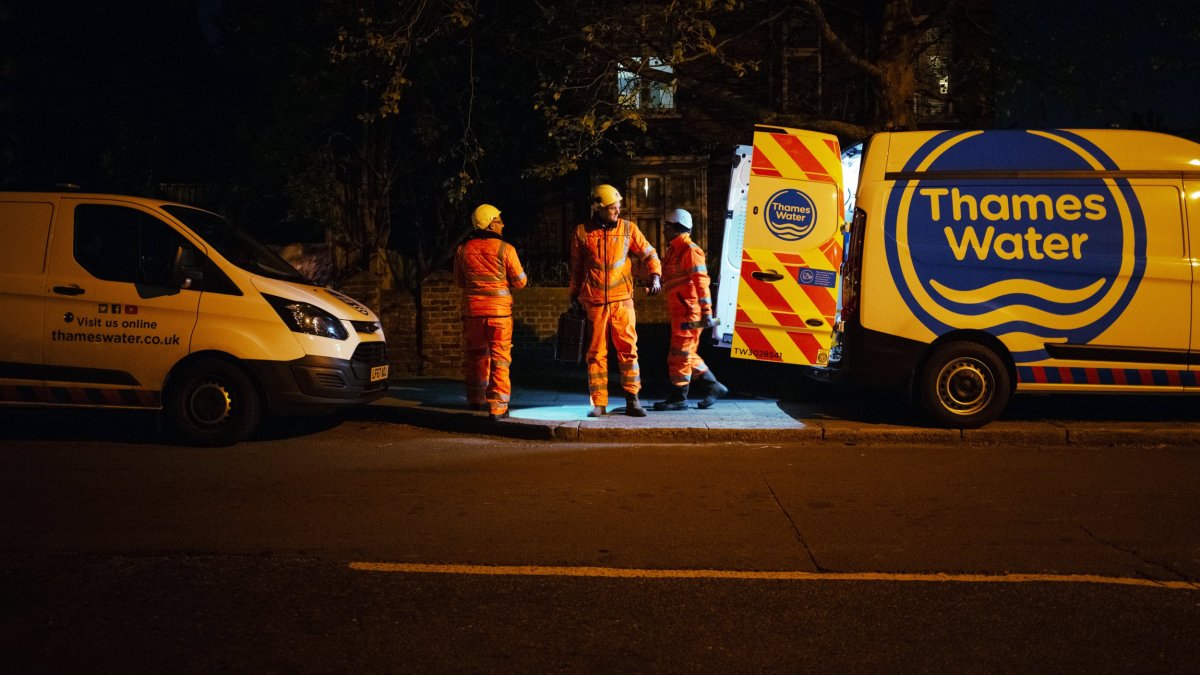 Are Thames Water Executive Bonuses Fair A Critical Analysis
May 24, 2025
Are Thames Water Executive Bonuses Fair A Critical Analysis
May 24, 2025 -
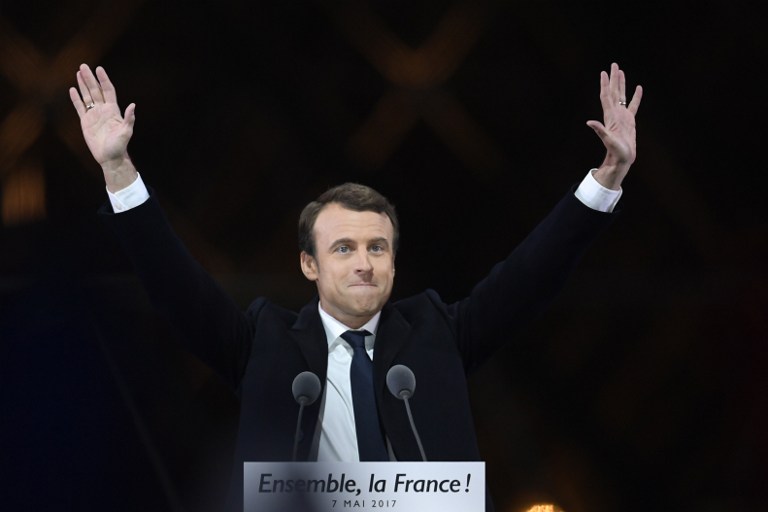 French Pms Public Dissent Against Macrons Leadership
May 24, 2025
French Pms Public Dissent Against Macrons Leadership
May 24, 2025
Latest Posts
-
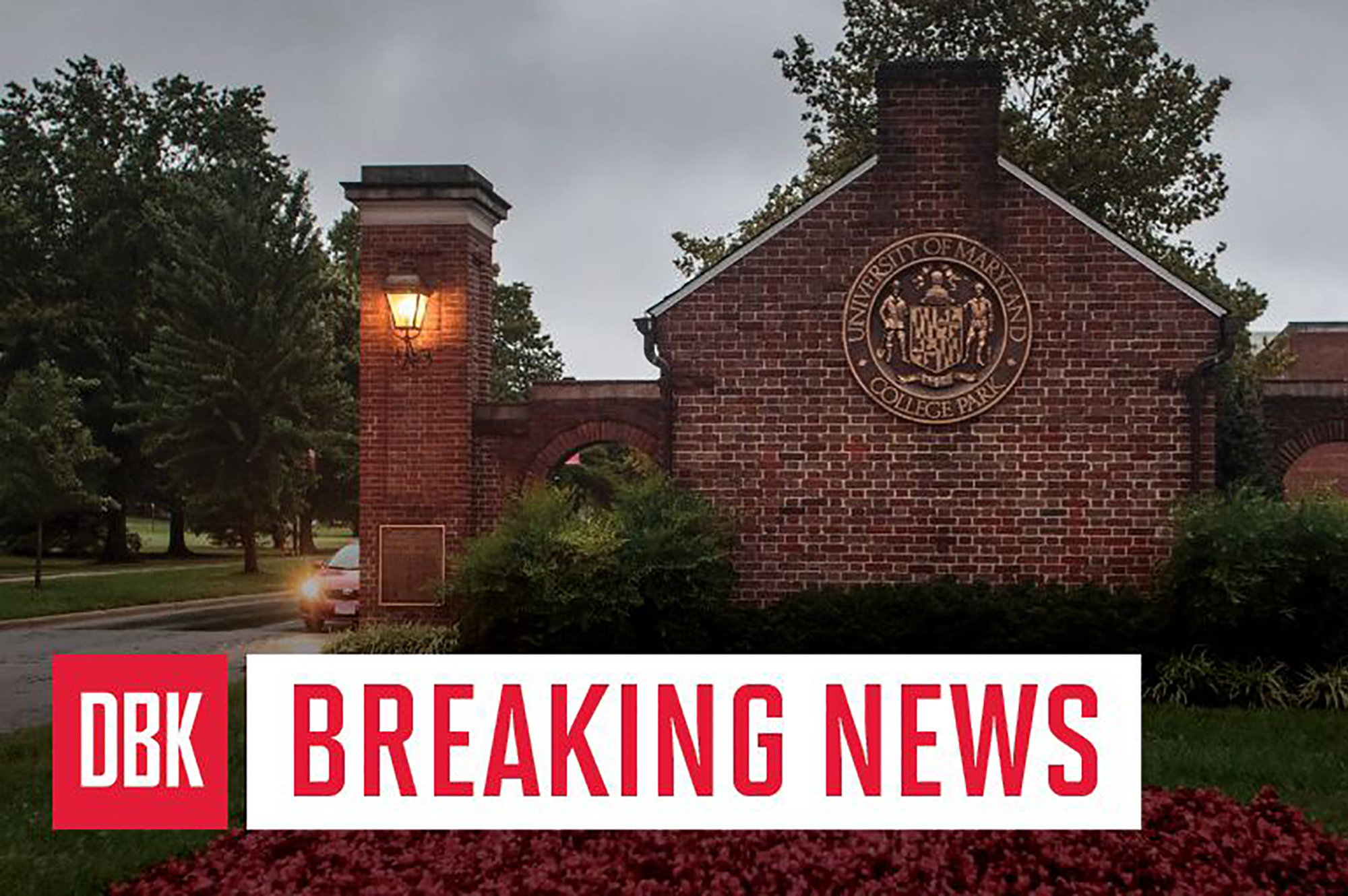 2025 Umd Graduation The Unexpected Kermit The Frog Appearance
May 24, 2025
2025 Umd Graduation The Unexpected Kermit The Frog Appearance
May 24, 2025 -
 Kermit The Frogs Surprise Umd Commencement Speech A Viral Sensation
May 24, 2025
Kermit The Frogs Surprise Umd Commencement Speech A Viral Sensation
May 24, 2025 -
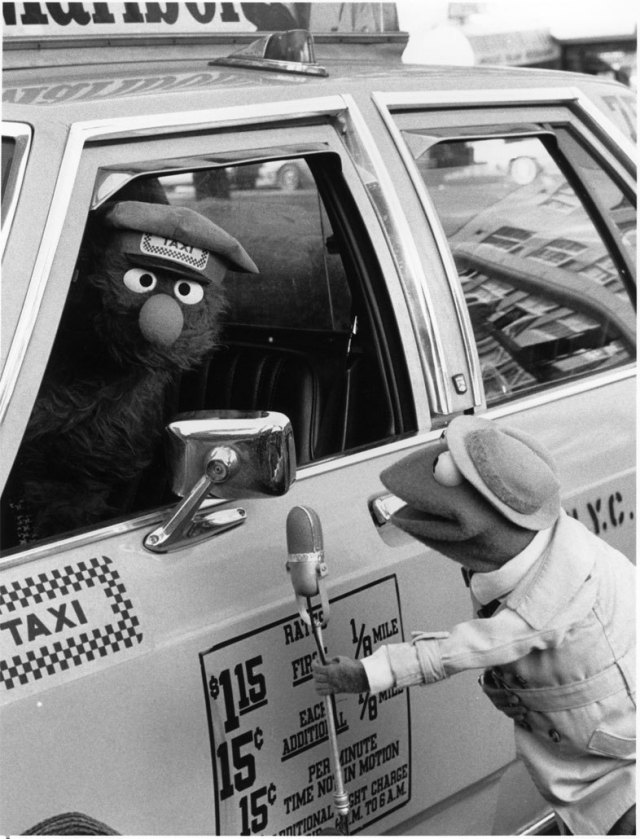 Hi Ho Kermit The Muppet To Address University Of Maryland Graduates In 2025
May 24, 2025
Hi Ho Kermit The Muppet To Address University Of Maryland Graduates In 2025
May 24, 2025 -
 Kermit The Frogs 2025 University Of Maryland Commencement Speech A Look Ahead
May 24, 2025
Kermit The Frogs 2025 University Of Maryland Commencement Speech A Look Ahead
May 24, 2025 -
 Kermit The Frog Commencement Address At University Of Maryland In 2025
May 24, 2025
Kermit The Frog Commencement Address At University Of Maryland In 2025
May 24, 2025
